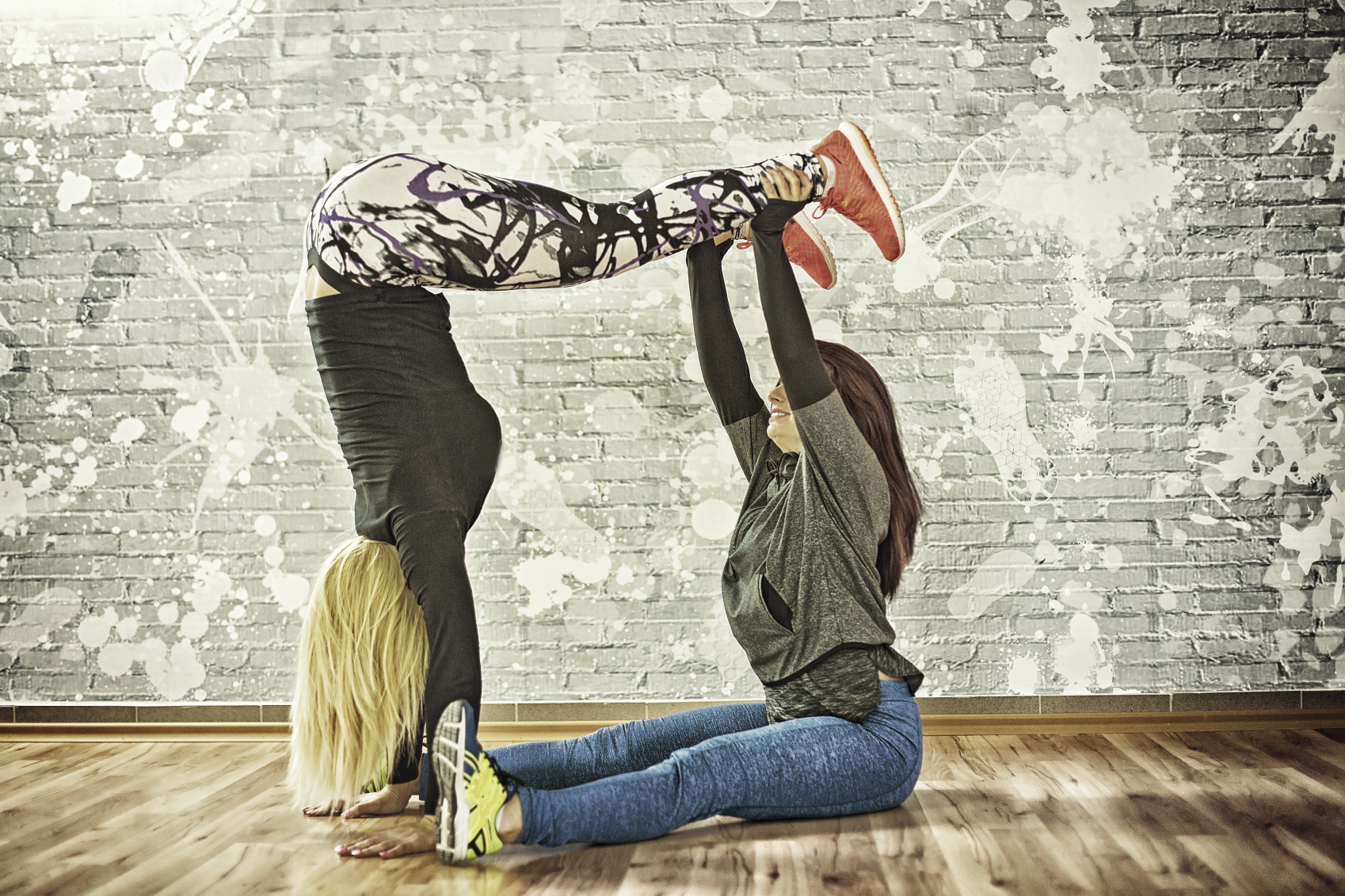Women helping women. That's a concept you're most likely to hear at a seminar about career mentors or a shelter for battered spouses. Not usually in the high-glitz world of female pop stars. And yet this week, singer Taylor Swift announced she was giving $250,000 to Kesha Sebert, a singer with money and manager problems. Kesha, as she is mononymously known, is waging a court battle to get out of her recording contract with Sony Music Entertainment. She alleged that her producer drugged and raped her, and she asked a New York judge to release her to work with other producers.
The judge denied Kesha's request last week, saying she can't unilaterally cancel her contract. Celebrity website TMZ reported that she is struggling financially because her producer has been withholding royalty payments for three years. It's the same producer - the legendary Lukasz "Dr. Luke" Gottwald - whom Kesha is accusing of rape. Gottwald has denied the assault allegations and has filed a defamation countersuit. This situation is a mess.
The hashtag #FreeKesha trended on Twitter over the weekend. A celebrity feminism-fest ensued, with tweets of support from Adele, Demi Lovato, Lady Gaga and Lena Dunham. Then Swift stepped in with a cash donation for Kesha "during this trying time."
That's not a story line one usually hears from women artists. More often, it's Nicky Minaj calling out Miley Cyrus at the MTV Music Video Awards, or Madonna claiming Lady Gaga ripped off "Express Yourself" with a very similar-sounding "Born This Way."
Search "dueling divas" on the Internet, and you'll see what I mean.
These feuds are all very entertaining and even heighten the celebrity of their participants. It would be naive to think that at least some of the rivalry isn't manufactured for headlines. Immediately after Swift's $250,000 announcement, singer Lovato tweeted that Swift should have done more.
"Take something to Capitol Hill or actually speak about something and then I'll be impressed," said Lovato, who has been famously candid about her own eating disorder.
Be that as it may, I cheer Swift's gift. In it I see the glimmer of women growing into their power and using it to benefit each other. Perhaps they're creating a new narrative beyond the threadbare "token" and "abuser" stories the music world likes to tell.
The token narrative is something women in journalism know from years ago. It says, why should we hire a woman reporter? We already have one of those.
The same has been true of women pop stars. I remember people asking in the '80s, whom do you like, Madonna or Cyndi Lauper? As if I was supposed to choose just one. I said, both.
More recently, it's Beyoncé or Rihanna. Choose one.
There is also an abuser narrative, in which, for example, Amy Winehouse gets hooked on drugs supplied by her boyfriend, and her dad only makes matters worse by pushing her to perform. Or Bobby Brown hit his wife, Whitney Houston. Or Chris Brown's violence toward Rihanna.
In the abuser narrative, the women are victims. It's a relief to see women with the star power of the #FreeKesha crowd claim their fame and money as a means to ease the apparent victimhood of Kesha.
Who knows? Maybe as a society we'll soon be able to see past binary either-or choices, such as the stale idea that a woman must be cutthroat to achieve success. Power or sisterhood? Both.
First published in Newsday.
